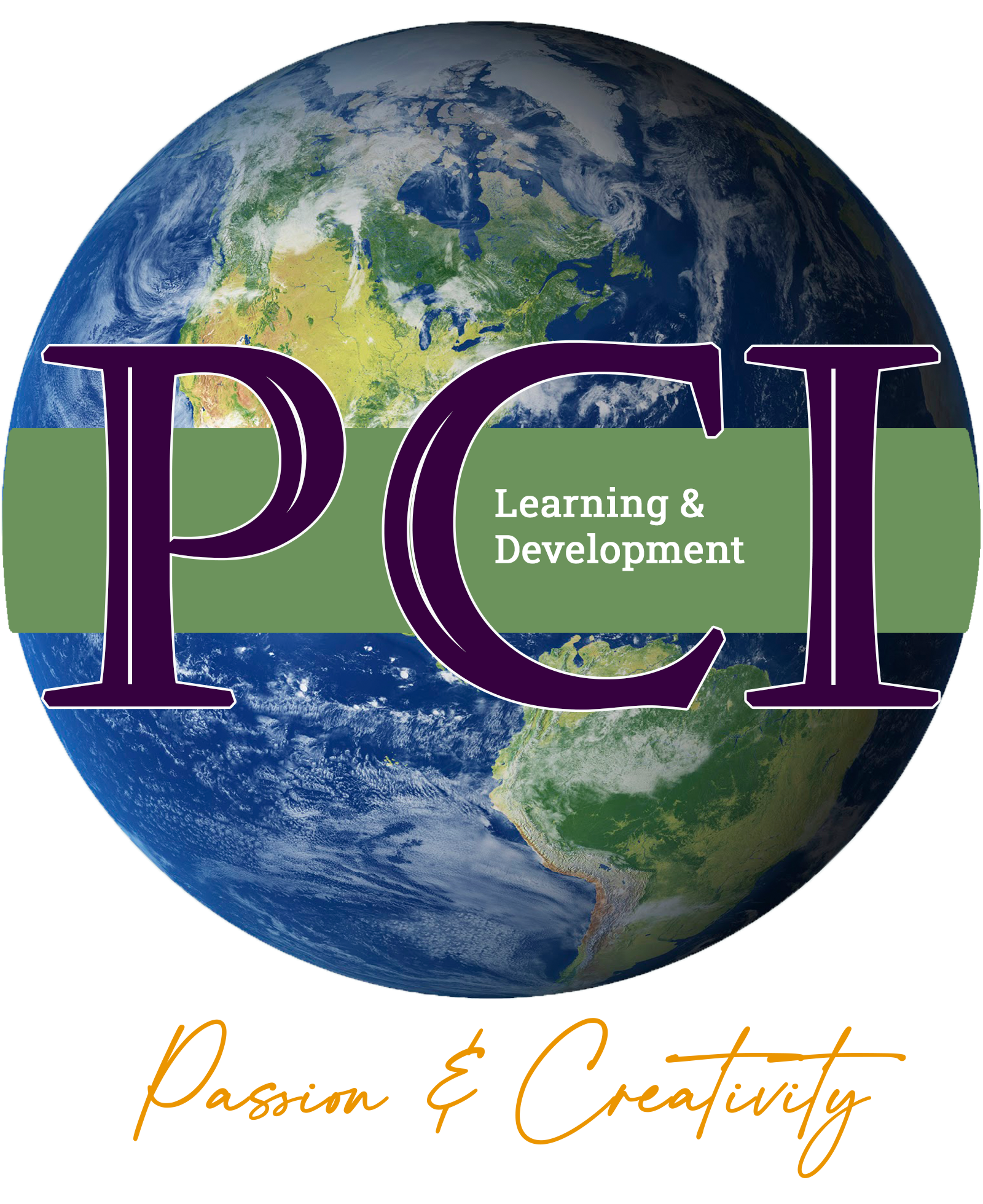(Best Processes, Practices and Methods in Project Management)
Introduction:
This intensive Exceptional Project Management Skills training course offers comprehensive guidance for managing any type of project, small or complex, providing delegates with a solid foundation of project management, from the very start to the successful conclusion of a project.
This training course explores the very foundations of how projects are different to the operational world, but an absolute necessity when it comes to changing the operational world. You will discover how the very best practice management techniques are used to take a project through a project lifecycle, from Inception, through Definition, Execution, Monitoring and Control to Closure.
Interacting with the project lifecycle are what are described the hard skills of project management e.g. scope management, schedule management, resource management, cost management; along with the soft skills necessary to deliver a project e.g. team leadership, stakeholder management, project communications, conflict management.
As Project Management is considered a vital organizational competency, throughout the course the focus will be on how the role of the Project Manager interacts with the other key roles e.g. Project Sponsor, Project Team, Steering Group, Project Management Office, who are all responsible for aspects of an project management capability in an organization.
This training course will feature:
- An introduction to the world of project management
- Project planning, scheduling and budgeting
- Project resourcing, monitoring and control
- The Project Manager’s roles and responsibilities
- Project evaluation, reporting, closure and hand-over
Objectives:
By the end of this training course, participants will be able to:
- Differentiate between a project and business as usual (BAU)
- Understand stakeholder roles and view points
- Develop quality-focused project plans to communicate to key decision makers
- Lead and develop effective project teams
- Monitor and control the delivery of project plans
- Maintain effective communication with project stakeholders
Impact:
Organizational Impact:
- Better identification and management of key Project Stakeholders
- Understanding which key processes within the PMI/PMP V6 Process Group and Knowledge Areas of PM that most suitable for your organization
- Greater knowledge and understanding of the key concepts and terminology of the Project Management (PM) life cycle and knowledge areas
- Obtain and practice skills to manage projects more efficiently and effectively from start to finish
- Explore methods for determining project scope and constraints
- Understanding and practicing essential steps and tools for successful project planning
- Understanding of how to Track and Control a Project throughout its lifecycle, and the tools to deliver a project on time to the deliverables, and on or under the budget.
- Develop Risk Management and Change Control skills and techniques
Methodology:
This training course will utilize a variety of proven adult learning techniques to ensure maximum understanding, comprehension and retention of the information presented. This includes small group discussions that will enable delegates to share their own experiences and discuss the course concepts.
Hands-on exercises and case studies will provide the opportunity to practice the use of the models, techniques and competencies covered. Personal assessment, reflection and action planning will ensure that delegates know how they will put the learning into practice.
Target Audience:
This training course is designed for professionals either directly or indirectly involved in the delivery of projects. It is suitable for a wide range of project management professionals but will greatly benefit:
- Existing Project Managers
- New Project Managers
- Project Team Members
- Project Sponsors
- PMO staff
Course Content:
Day 1: The World of Project Management
- What is a project?
- Understanding the PMP Framework (PMBOK)
- Process Groups
- Knowledge Areas
- Key Processes
- Selecting projects to meet organizational goals and business criteria
- Uncertainty in project selection decisions
- Project data, information and knowledge management
Day 2: Project Planning, Scheduling and Budgeting
- Strategic, tactical and operational planning
- The contents of a project plan
- Level of detail in scheduling
- Stakeholder Identification and Management
- Project uncertainty and risk management
- Fundamentals of budgeting and cost control
- Earned Value Management
Day 3: Project Resourcing, Monitoring and Control
- Resource allocation
- Network logic and dependency analysis
- Demo of PM approved planning and tracking tool
- Time Management
- The Critical Chain approach
- Designing the monitoring cycle
- Performance indicators and control mechanisms
- Designing the change control system
Day 4: The Project Manager’s Roles and Responsibilities
- Selection of the Project Manager
- Project Team-building and empowerment
- Delegating with confidence
- Communication within the project team
- Project team leadership
- Conflict handling
Day 5: Project Evaluation, Reporting, Closure and Hand-over
- Evaluation criteria and project auditing
- Analyzing project performance
- Progress reports and records
- Determinants of project success
- Successful project hand-over
- Lessons learned and creating learning culture

